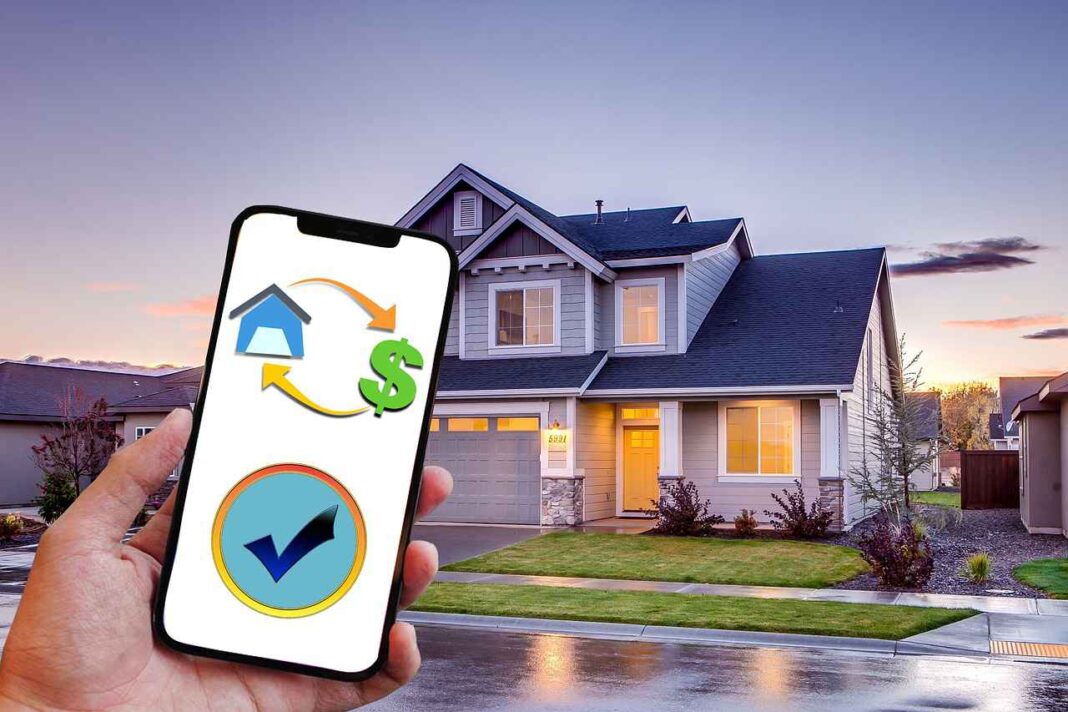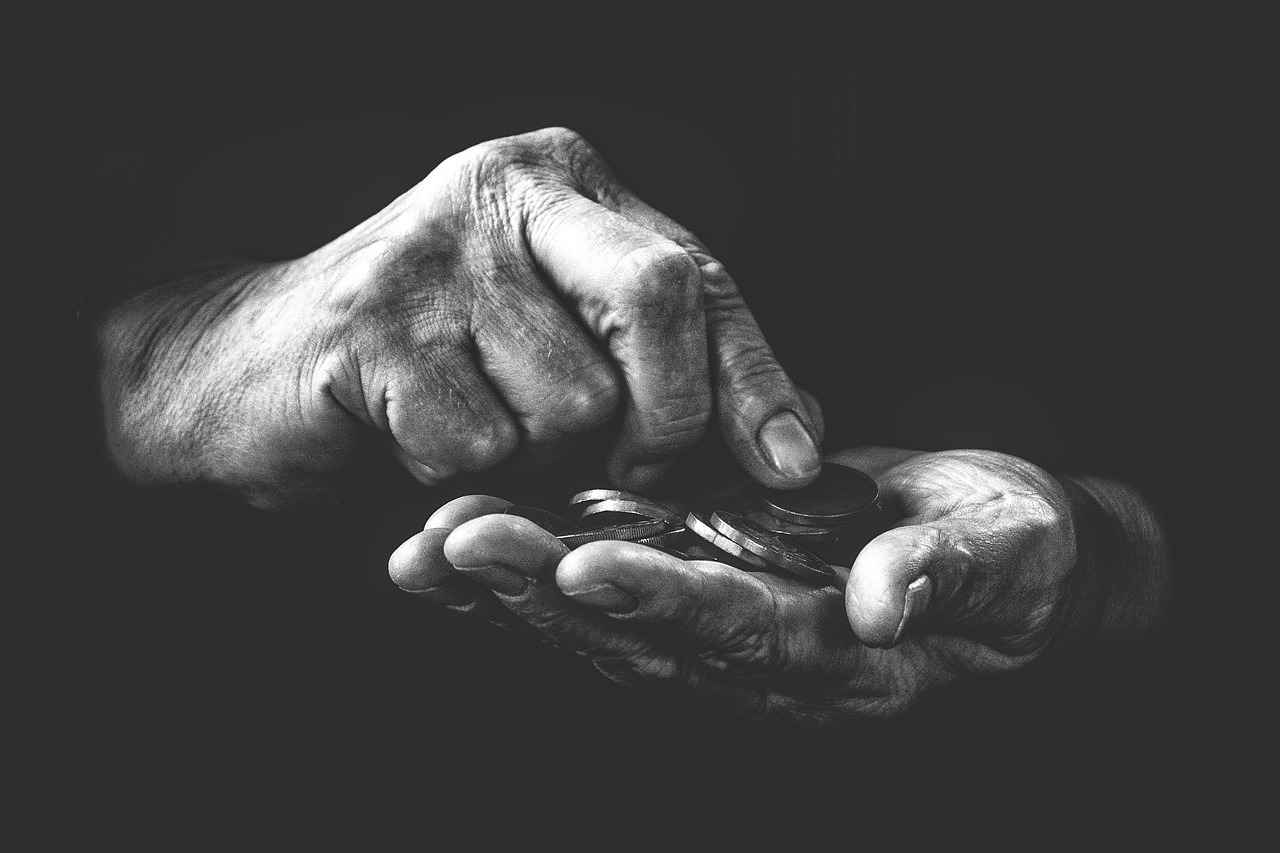Paying off your mortgage involves more than just sending in the last check; it’s a bit of a journey with a few surprises along the way. I discovered this firsthand when I finally paid off my condo in San Francisco. Despite buying it for a decent price back in 2003, the road to ownership was paved with extra payments and unexpected fees.
When you’re ready to pay off your mortgage, you’ll start by contacting your mortgage department to request a principal payoff letter, which tells you exactly what you owe. After you send the payment, you should follow up, cancel any automatic payments, and check that your deed has been processed. Also, verify with the bank and the title company that no liens remain against your property.
Speaking of extra fees, they were an eye-opener for me. For example, Citibank charged me interest up to the date of my last payment because of their grace period policy. There are also recording fees, which are charged by the county to make your payoff official in public records, and reconveyance fees that may be charged to remove a lender’s lien from your property. Banks might even tack on a payoff statement fee.
Despite the extra costs and steps, paying off your mortgage can be incredibly rewarding. It reduces your debt burden and secures a significant asset under your name—freedoms that I, having cleared mortgages on several properties, deeply value. While some advocate for keeping a mortgage to leverage investment opportunities, there’s undeniable peace in owning your home outright.
In the end, whether it’s about reducing debt or leveraging investments, the best path depends on your personal financial goals and circumstances. Either way, understanding the process and potential fees will equip you to make the most informed decisions moving forward.







































